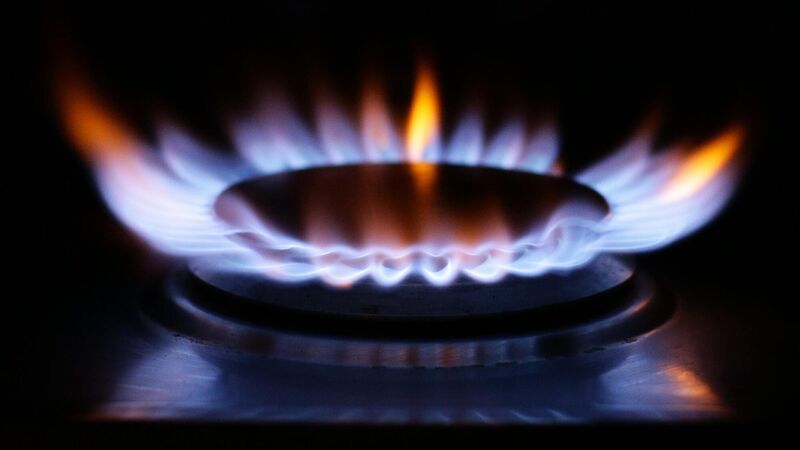Positive inflation news as wholesale energy prices drop and crude oil tumbles

Wholesale energy prices dropped by almost €10 per megawatt hour (MWh) and crude oil tumbled.
There has been some positive inflation news in the past week amidst banking turmoil and another European Central Bank interest rate hike as wholesale energy prices dropped by almost €10 per megawatt hour (MWh) and crude oil tumbled.
However, it may be a while before the drop in energy prices trickles down into the economy as annual food prices in the eurozone climbed 15% in February, as prior energy costs drove up prices.














